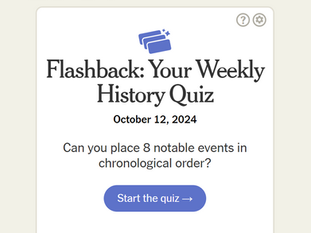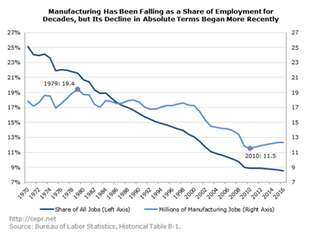
MATTHEW HAMMOND
Aspiring Social Studies Teacher,
former Antitrust Enforcer & Dad
The Northern Lights near Reykjavík, Iceland (Feb. 2023, MCHammond)

Chapters 2 and 3 of A New Culture of Learning (NCL) immediately evoke David Bowie's Changes:
Another post related to A New Culture of Learning (NCL) (chs. 2–3).
(references in parentheses are to NCL.)
NCL describes traditional venues for learning, including schools, as taking an assembly-line, "mechanistic" approach to teaching, where students are almost treated as machines to be programmed to accomplish tasks. In this world standardization is entirely reasonable with testing being the method of quality control. (pp. 34–36) As an aspiring teacher, this world holds no interest for me. If that is the world I am joining, I will be be deeply unsatisfied.
NCL instead envisions a world of learning environments where students, teachers, content, and a bounded context where learning occurs are all mutually reinforcing. This learning environment takes advantage of the access to the wider world provided by the vast reach of the internet. And rather than students just learning about the world, such a learning environment allows learning to occur by engaging within the world. (pp. 36–37). To me, this is a much more attractive environment to become a teacher.
This new culture of learning is also better suited to deal with our world where change is constant. An mechanistic, assembly-line approach works when knowledge and the world are more stable, but to push the assembly-line analogy one step further, we would constantly have to shut the assembly line down to re-tool to keep up with the today's everchanging world. Otherwise, we'll end up like Lucy and Ethel.
Much of that change is a result of the amount of information we have access to, which is growing exponentially. It is impossible to truly comprehend how much new information is created, or remixed, and shared every day. But this infographic can give you a sense of the enormity by focusing on just one minute.
(Credit: Domo, Inc.)
If memorization is a cornerstone to your approach to teaching and learning, you were born in the wrong century. We all must embrace change to survive, much less thrive. "We can no longer count on being taught or trained to handle each new change in our tools, the media, or the ways we communicate on a case-by-case basis." (p. 43)



